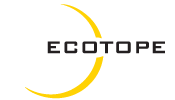The most efficient systems are ones that are off.
Our design team uses a Design for Off TM strategy to use mechanical systems only when they are necessary. With this approach we design some of the most energy efficient buildings in the country.
What sets us apart is our unique integration of research, design, and policy. Our work is shaped by decades of field studies, performance monitoring, and data-driven analysis, which means our designs aren’t just innovative—they’re proven. As the climate crisis deepens, we’ve continued to adapt and refine our approach around three core objectives that guide our work and reflect our values:
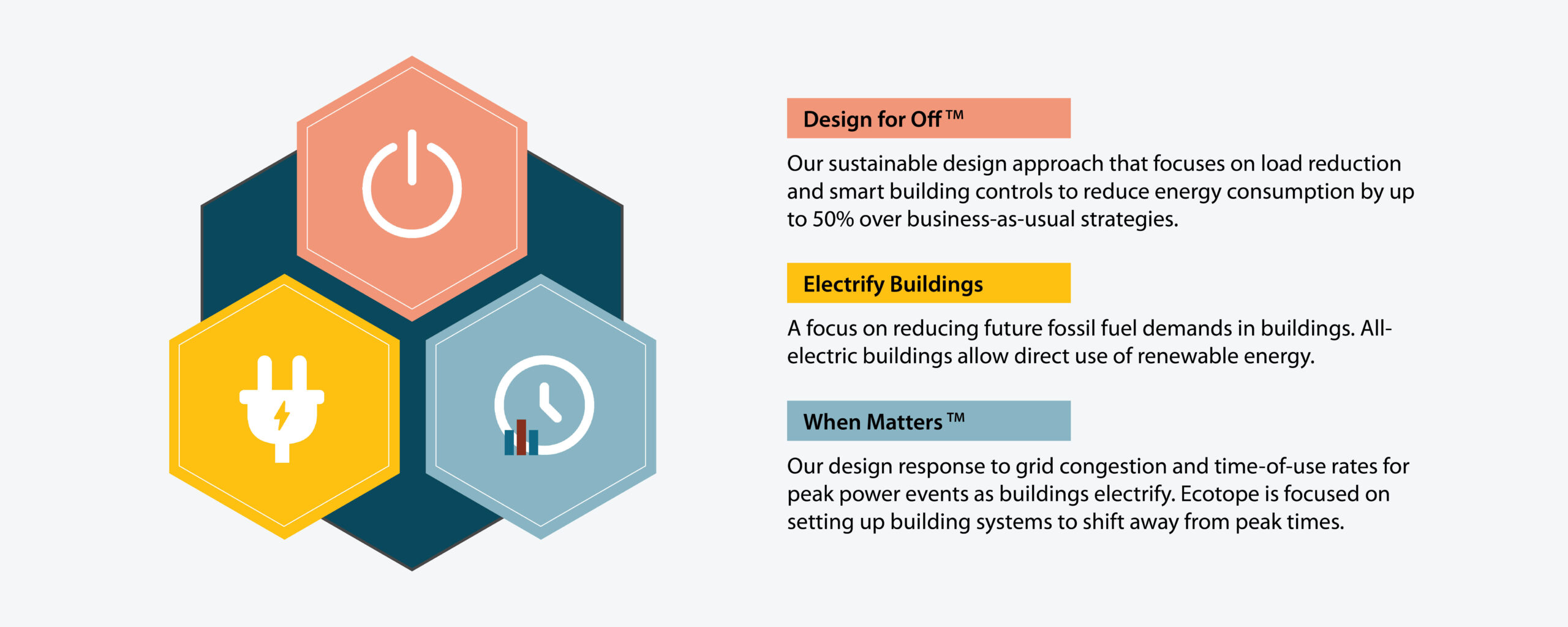
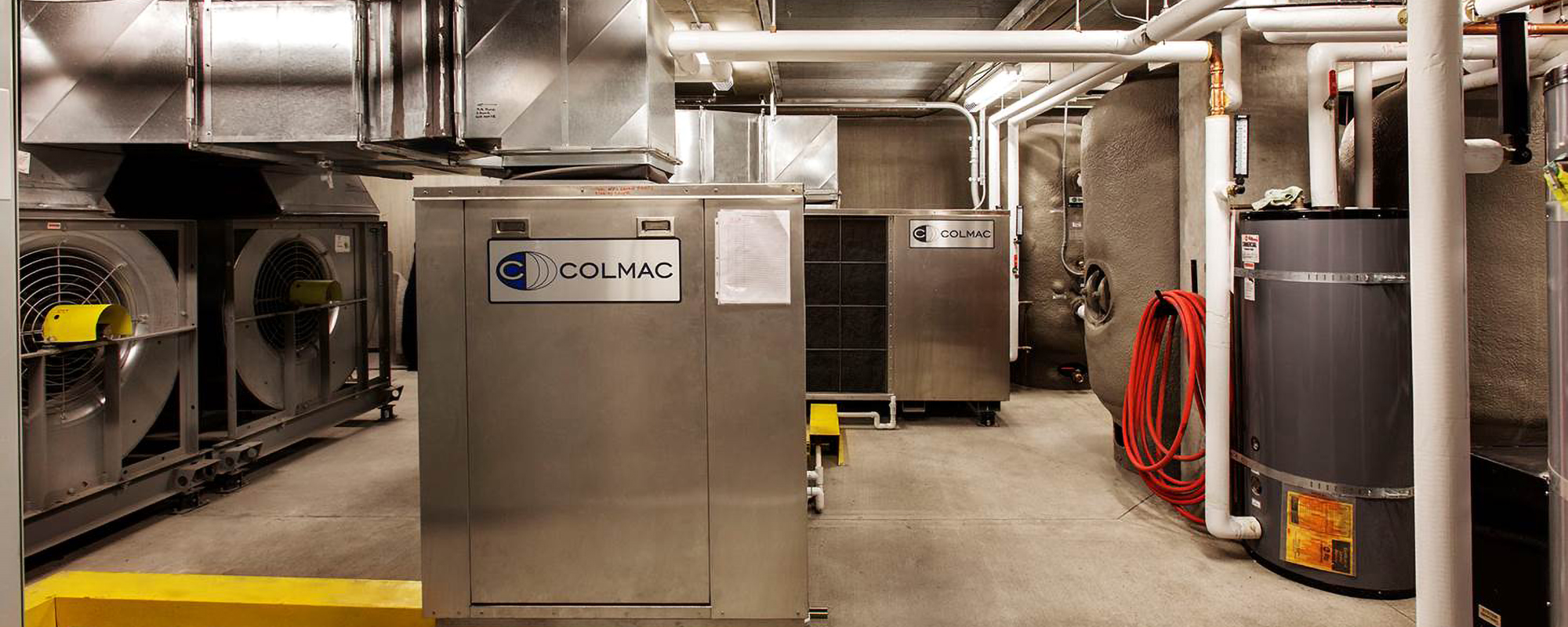
High performance building design.
Building systems should represent right-sized, simple, solutions to design problems. We practice a holistic design approach aimed at producing the most efficient, comfortable, and cost-effective buildings possible. Our designs are nationally recognized for achieving exceptional performance within modest budgets and tight construction timelines. When presented with a new challenge, we consistently seek innovative ways to implement emerging technologies, while relying on a knowledge base of tried-and-true HVAC and plumbing design concepts. Our designs are informed by our long history of developing and using building modeling software to accurately identify the best efficiency measures. This approach allows us to communicate the long-term implications of decisions made by the design team throughout a project’s life cycle.
Portfolio and building decarbonization.
Ecotope supports building decarbonization strategies with all-electric, high performance system design to maximize building performance. As a leader in central heat up water heater (CHPWH) system design, we specialize in efficient, low-carbon solutions for multifamily and commercial buildings. Our services include existing building evaluations and design solutions that drive performance and decarbonization at both the building and portfolio levels. We have developed detailed building upgrade strategies for existing buildings and have worked with multiple large building portfolios for municipalities and private owners to benchmark existing building performance and identify and prioritize building upgrade strategies for energy and emission reduction. Our work also supports the achievement of building performance standard requirements such as the Seattle Building Energy Performance Standard (BEPS) and Washington’s Clean Building Performance Standard (CBPS).
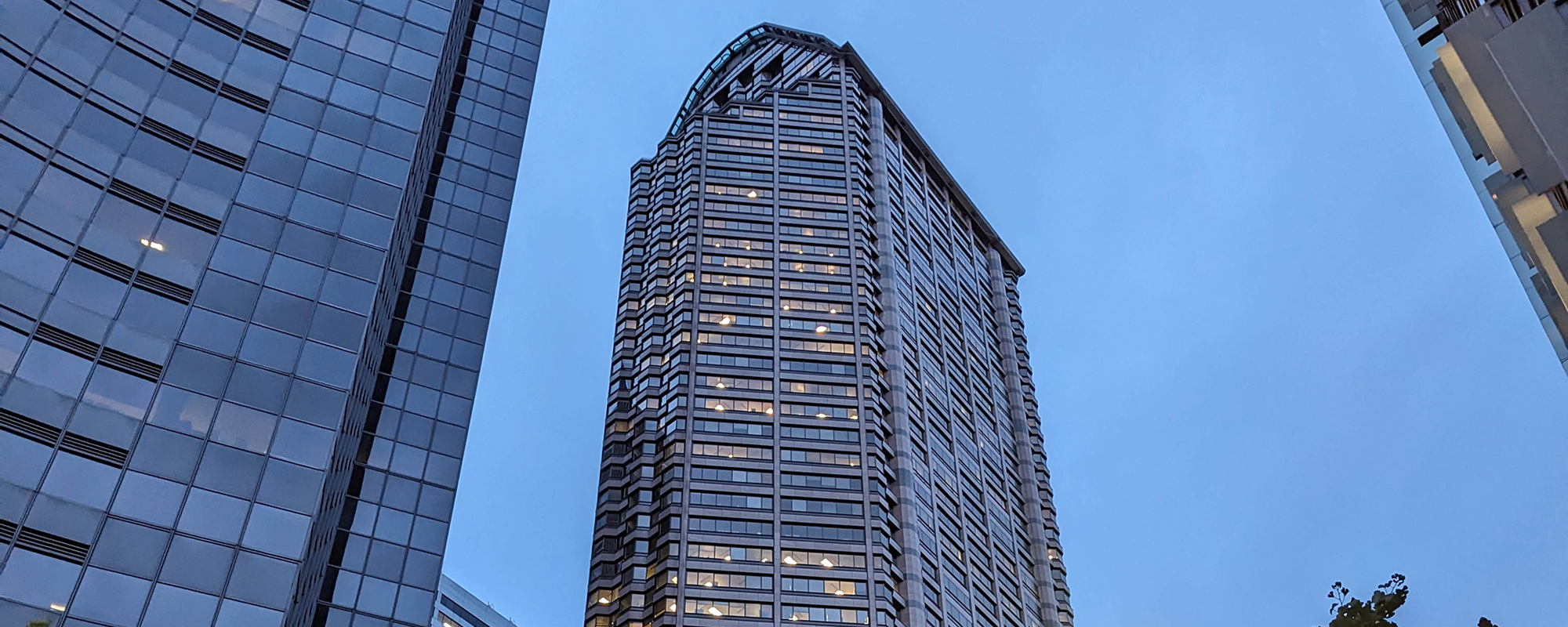
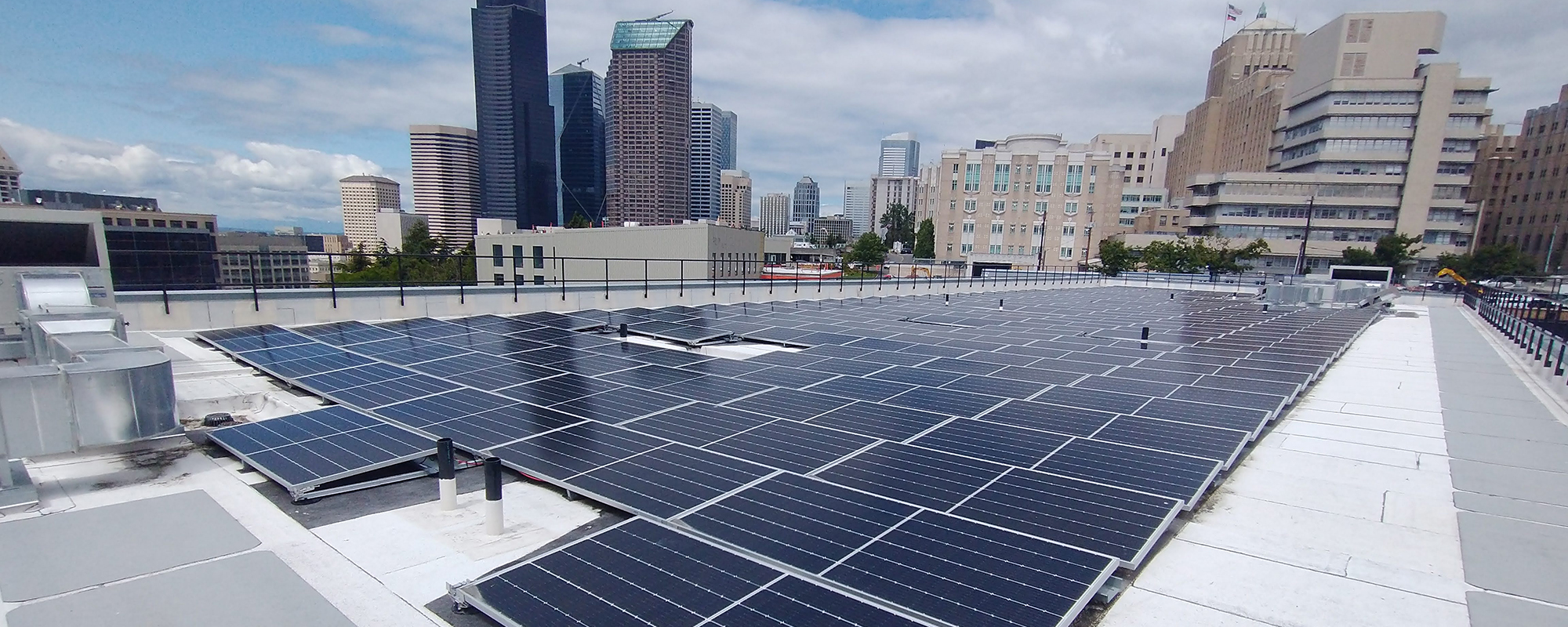
Resiliency and grid integration.
Ecotope has pioneered strategies to mitigate building peak loads and shift operating characteristics to take advantage of new time of use utility rates. These strategies can help to reduce utility costs and grid impact, and maximize the value of any on-site generating resources. We have also designed building systems and incorporated on-site energy storage strategies to support resiliency and occupant safety in emergencies.
Services we offer:
- MEP Systems Design
– Full design MEP
– Design-assist MEP
– Revit/BIM expertise
– Specialty heat pump system design - Energy Modeling
– Early design optimization
– Grid integration
– Green building rating system
– Utility incentive coordination
– Life cycle cost analysis - Energy Code Compliance
- Energy Auditing
– ASHRAE Level 1/2/3 - Commissioning
– Specialty HVAC and heat pump water heater system commissioning
– LEED Documentation
– Evergreen Sustainable Development Standard (ESDS)
– C408 System Commissioning
- Washington Clean Buildings Performance Standard (CBPS)
and Seattle Building Emissions Performance Standard (BEPS)
– Compliance planning and documentation
– Audits, feasibility assessments, and design strategies - Portfolio Planning and Decarbonization
– Performance baselining and benchmarking
– Goal setting
– Planning and tracking
– Tune-ups and capital projects
– Education and communications
– Design review
